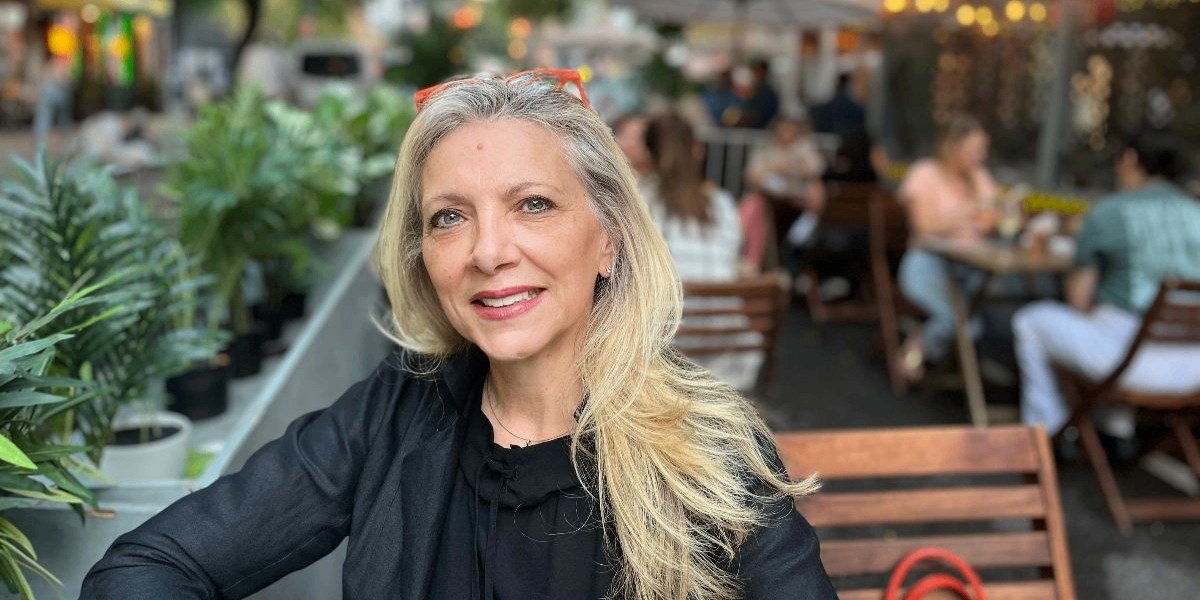In motorsports, education and mentorship have long played an important role in shaping the next generation of competitors. While traditionally male-dominated, the increasing presence of women in motocross has helped spark a shift toward greater inclusivity. Over the years, training programs have emerged to accommodate female athletes, offering specialized instruction tailored to their specific needs. Among these efforts, one initiative stands out for its influence on women’s motocross: the Women’s School of Motocross (WSMX). Established in 1999 by Debbie Matthews, WSMX was the first full-time motocross school dedicated exclusively to training women riders.
Matthews was among the first in the motocross business to recognize the need for a training school that could address a noticeable gap in the sport. She understood that creating an atmosphere that built confidence and offered skill-development opportunities would be key for female riders, so she founded a school that provides structured programs designed for a variety of riders. By doing so, she aimed to create an environment where women could learn proper techniques, develop racing strategies, and acquire the skills to compete effectively in professional motocross.
Since its founding, WSMX has offered training programs that range from one-on-one coaching sessions to group clinics and specialized workshops. A methodology focused on technical aptitude, safety, and race preparedness helps ensure that women receive training of comparable quality to that of their male counterparts. Many aspiring and professional athletes have benefited from the school’s guidance, helping them advance to national and international levels of competition.
WSMX has contributed significantly to the advancement of women’s involvement in motocross. The competitive nature of the sport can be intimidating, particularly for newcomers, but Matthews’ school provides a supportive environment in which women can encourage one another and develop at their own pace. So established is this culture of mentorship that it fosters camaraderie among riders, both on and off the track, motivating them to continually improve and push their limits.
Matthews’ influence extends beyond training and coaching; she has actively advocated for women’s motocross, working to raise the profile of female riders and increase opportunities for gender equality in the sport. She collaborates with major industry stakeholders, such as the AMA and MXSports, to help develop more competitive structures for women. This advocacy has contributed to the rise of female competitors in higher professional circuits, a development that is expected to benefit future generations of female riders.
Her work at WSMX aligns with broader trends in women’s sports. As access to training opportunities expanded and more opportunities arose for female athletes, there was a noticeable improvement in performance levels. The growing participation of women in motorsports suggests that having a strong support system in place can significantly enhance the chances of success for female competitors.
Another key aspect of Matthews’ approach is the integration of mental conditioning alongside physical training. Motocross is an exceptionally demanding sport, requiring not only technical expertise but also mental resilience. WSMX focuses on teaching riders how to manage stress, improve focus, and build the self-confidence necessary to push beyond their perceived limits. This balanced approach to training has helped many WSMX graduates achieve success in the sport.
Beyond motocross, Matthews has been a vocal advocate for gender equality in sports education. She has spoken at various events, conducted community outreach activities, and mentored younger athletes who aspire to build careers in competitive racing. Her advocacy has had a lasting impact on the empowerment of women, underscoring the importance of further investment in female talent within the motorsport industry.
Today, the legacy of WSMX is evident in the significant influence it has had on women’s motocross. The school has produced skilled racers and helped shift perceptions of women in the sport. Matthews’ work as a mentor and advocate will likely continue to inspire future generations of female motocross riders, offering them the resources, guidance, and support needed to pursue their goals.








